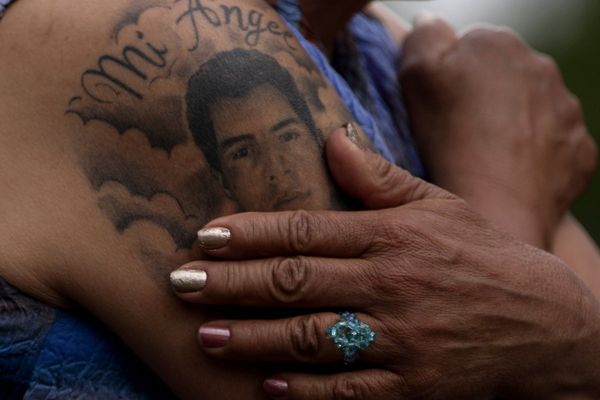
New Delhi: In a major revamp of its senior management structure, the World Health Organization (WHO) on Wednesday moved Soumya Swaminathan from the position of deputy director-general. She was one of the three deputy director-generals supporting the director-general in overseeing all programmes. She was the first Indian to hold the position at WHO.
Swaminathan will now be chief scientist in a newly created department in the WHO.
The revamp, reviewed by 'Mint', includes the new positions and is aimed at “delivering a measurable impact”, WHO director-general Tedros Adhanom Ghebreyesus said in a statement, “The changes we are announcing today are about so much more than new structures, they’re about changing the DNA of the organisation to deliver a measurable impact in the lives of the people we serve. Our vision remains the same as it was when we were founded in 1948: the highest attainable standard of health for all people. But the world has changed, which is why we have articulated a new mission statement for what the world needs us to do now: to promote health, keep the world safe and serve the vulnerable."
Swaminathan, who joined WHO in October 2017, has been replaced by Zsuzsanna Jakab, currently regional director, WHO Europe.
According to the WHO statement, Swaminathan will be chief scientist heading the new chief scientist division created to strengthen WHO’s core scientific work and ensure the quality and consistency of WHO’s norms and standards.
WHO’s latest announcement came as a shocker to public health experts in India, who called the decision as a “losing face for India”.
On her new position, Soumya Swaminathan said: “This newly created position of chief scientist will give me an opportunity to strengthen WHO's core normative work, promote research on public health priorities and strengthen health research capacity in countries including on ethics, and accelerate access to digital technologies to improve health.”.
Swaminathan, daughter of MS Swaminathan, considered the father of India's Green Revolution, and Mina Swaminathan, a well-known educationalist, is a renowned medical researcher and health policy expert. A leading researcher on HIV and tuberculosis, she was also the director-general of the Indian Council of Medical Research and secretary, Department of Health Research, Ministry of Healh.
From 2009 to 2011, she served as coordinator of UNICEF, UN Development Programme (UNDP), World Bank and WHO Special Programme for Research and Training in Tropical Diseases (TDR) in Geneva.
A globally recognised researcher on tuberculosis and HIV, Swaminathan has been on several committees of WHO and global advisory bodies, including the WHO Expert Panel to Review Global Strategy and Plan of Action on Public Health, Innovation and Intellectual Property, the Strategic and Technical Advisory Group of the Global TB Department at WHO and as co-chair of the Lancet Commission on TB.
According to the WHO statement, the new measures were developed following an extensive period of consultation with staff, and were developed jointly by WHO’s Global Policy Group, which consists of the director-general and each of the organization’s six regional directors.
WHO’s new corporate structure, Tedros said, was based on four pillars, which will be mirrored throughout the organisation. “The Programmes pillar will support WHO’s work on universal health coverage and healthier populations. The Emergencies pillar will be responsible for WHO’s critical health security responsibilities, both in responding to health crises and helping countries prepare for them. The External Relations and Governance pillar will centralise and harmonise WHO’s work on resource mobilisation and communications. The Business Operations pillar will ensure more professionalised delivery of key corporate functions such as budgeting, finance, human resources and supply chain,” WHO said in the statement.







